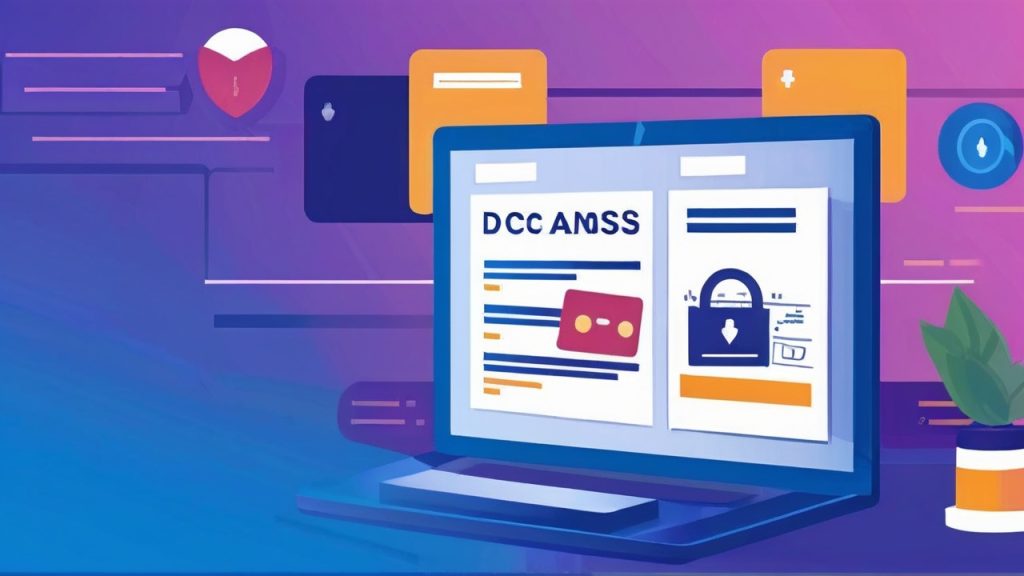The Payment Card Industry Data Security Standard (PCI DSS) is a comprehensive set of security standards established to protect cardholder data and ensure the safe handling of sensitive payment information. As a global benchmark for security, PCI DSS applies to any organization that stores, processes, or transmits cardholder data, ranging from small businesses to large enterprises. Compliance with PCI DSS is essential for maintaining data integrity and trust in today’s digital economy.
Why is PCI DSS Compliance Crucial for Payment Solutions?
- Data Protection: PCI DSS serves as a framework to secure cardholder data at every touchpoint. By implementing encryption, firewalls, and other security protocols, businesses can significantly reduce the chances of data breaches and identity theft, protecting both themselves and their customers.
- Customer Trust: In an era of increasing data breaches, customers are more discerning about where they spend their money. PCI DSS compliance signals to customers that a business prioritizes its security, helping build confidence and trust. This trust can translate into increased customer loyalty and long-term engagement.
- Legal and Financial Safeguards: Failure to comply with PCI DSS can expose businesses to severe penalties, ranging from substantial fines to litigation costs. Beyond the financial implications, a data breach due to non-compliance can lead to irreparable harm to a company’s brand, diminishing customer trust and market credibility.
- Fraud Prevention: PCI DSS requirements are designed to combat fraud by implementing robust security controls, such as real-time monitoring and fraud detection tools. These safeguards not only protect customer data but also minimize the risk of fraudulent transactions, chargebacks, and other costly disruptions to business operations.
- Operational Efficiency: While PCI DSS compliance may seem like an added layer of complexity, it promotes more efficient business operations. Standardized security practices streamline processes and help businesses reduce the time and resources spent on audits, ensuring that security protocols are already in place. This can lead to reduced operational risks and fewer interruptions in day-to-day activities.
Key PCI DSS Requirements:
- Network Security: Implementing firewalls, intrusion detection systems, and other security measures to protect networks from unauthorized access or malicious attacks.
- Cardholder Data Protection: Encrypting stored cardholder data and ensuring secure transmission across networks. Access to this data must be restricted to authorized personnel only.
- Access Control: Establishing strong access controls, including multi-factor authentication (MFA) and role-based access, to prevent unauthorized personnel from handling or accessing sensitive information.
- Systems and Applications Security: Regularly updating and patching software and hardware systems to address vulnerabilities that could be exploited by attackers. This includes maintaining up-to-date antivirus software and conducting regular vulnerability assessments.
- Information Security Policies: Developing and maintaining comprehensive security policies that outline the security responsibilities of employees, partners, and contractors. These policies should be regularly updated to reflect new threats and regulatory changes.
- Monitoring and Testing: Continuously monitor all access to network resources and cardholder data to detect security incidents in real-time. Businesses must also conduct regular vulnerability scans, penetration testing, and security audits to identify and fix potential weaknesses before they are exploited.
The Importance of Ongoing PCI DSS Compliance
Compliance with PCI DSS is not a one-time achievement; it requires ongoing effort. As the threat landscape evolves, so must the security measures businesses take to protect cardholder data. Regular audits, employee training, and the continuous evaluation of security protocols are essential to maintaining PCI DSS compliance. Additionally, as new technologies and payment methods emerge, businesses must ensure that these innovations adhere to PCI DSS requirements to remain secure.
Conclusion
PCI DSS compliance is a cornerstone of secure payment processing and is essential for any business that handles cardholder data. By adhering to PCI DSS, businesses not only protect sensitive customer information but also reduce the risk of fraud, avoid costly legal and financial penalties, and build lasting trust with their customers. In an increasingly complex digital world, investing in PCI DSS compliance is an investment in long-term business success and resilience.
PayNetWorxx offers support with PCI Compliance Contact Us











